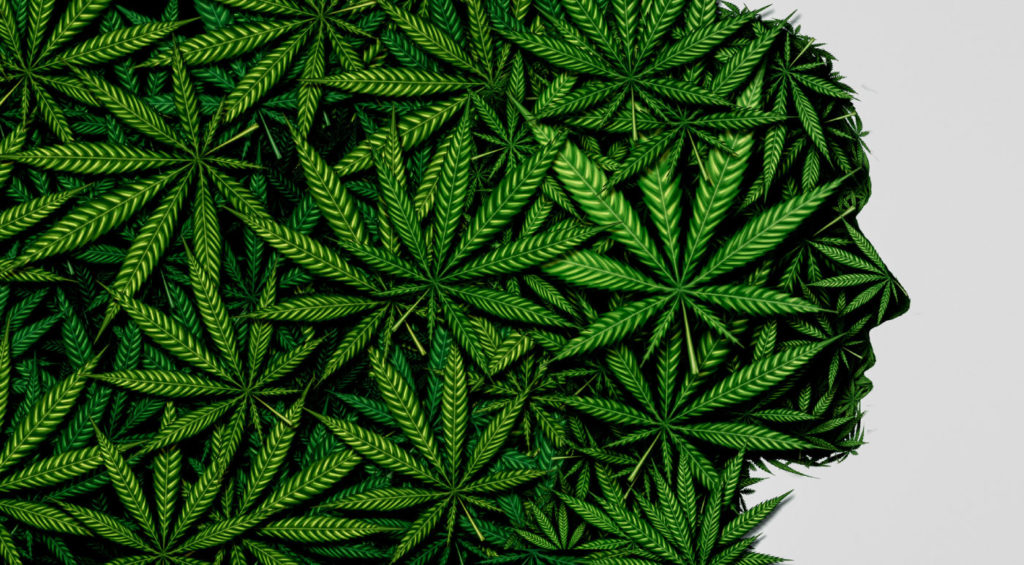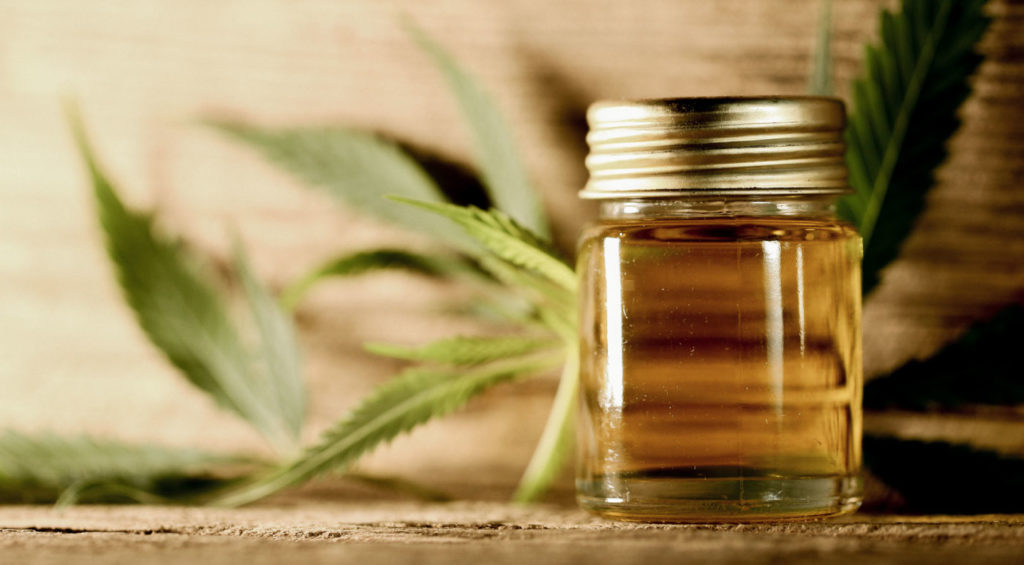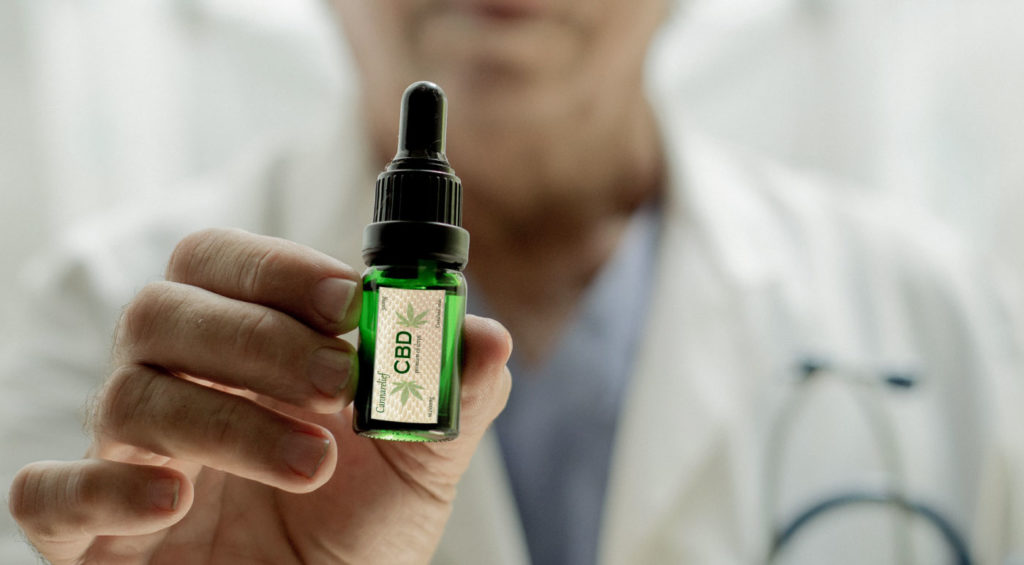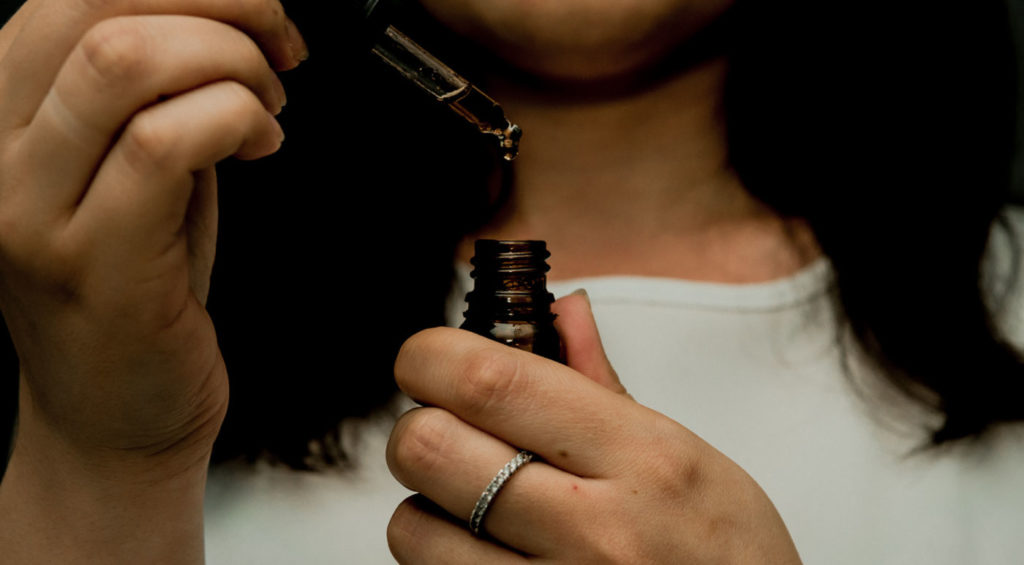
A recent surge in CBD popularity has taken over the United States. People are using CBD to help with numerous health symptoms. It is common to hear that people are finding relief from their anxiety, sleep, and pain symptoms after using CBD products. But one question that often comes up is, “Is CBD psychoactive?”
With all the excitement around CBD, some people have begun to use it daily. CBD is even being marketed toward pets. However, it has caused some people to take a step back and ask questions about CBD’s safety and what effect it could have on their minds.
Many know that marijuana is notorious for making people feel high, and some wonder if CBD has the same effect.
What Does Psychoactive Mean?
To understand if CBD is psychoactive or not, first, it is essential to understand what this question really means.
The term “psychoactive” is another way of saying that something has changed a person’s mental state. Some people use the slang term “high” to describe psychoactivity. In short, psychoactive substances can cause changes in a person’s mood, consciousness, or thoughts. However, there are different variations of psychoactive effects.
Examples of substances which are psychoactive include:
- Caffeine
- Alcohol
- Cocaine
- LSD
- Nicotine
- Cannabis
As you can see, some of these examples, such as caffeine and nicotine, are legal substances. In fact, some people use them every day. Interestingly, caffeine is the most widely used psychoactive substance. However, most would argue that caffeine does not impair a person, nor that it makes them feel “high.”
Another thing to note is that Cannabis was on the list of psychoactive substances. To further understand if CBD is specifically psychoactive, we need to explore the differences between CBD and marijuana.
In short, the definition of psychoactive is broad. Although, when discussing the psychoactive effects of CBD, it is likely that what people are really asking is if CBD has the same impact on a person’s mood, perceptions, and thoughts as marijuana does.
What is the Difference Between CBD and Marijuana?

Some people hear “CBD,” and they think “marijuana.” However, this is not the true case. There are significant differences between CBD and marijuana, and it is important to understand them when discussing the question of whether or not CBD has psychoactive effects.
Let’s start with where CBD is derived. CBD is extracted from the industrial hemp plant. It is in the same family as the marijuana plant–Cannabis sativa. Although these plants do share some similarities, they also have major differences.
The industrial hemp plant contains hundreds of different phytocannabinoids (plant constituents), including high levels of cannabidiol (CBD). On the other hand, the marijuana plant also includes a variety of phytocannabinoids including CBD; however, it also contains high amounts of 9-tetrahydrocannabinol (THC). THC is the component of marijuana that is responsible for its psychoactive effects.
As you can see, the THC content of marijuana vs. the industrial hemp plant is what differentiates these two Cannabis plants.
Another major difference is the legal status of the hemp plant and the marijuana plant. In the United States, the marijuana plant is considered federally illegal, and categorized as a “Schedule I Controlled Substance.” This classification means that it is illegal to grow, buy, or sell marijuana plants at the federal level. However, some states, such as Colorado, have legalized marijuana for both medical purposes and recreation.
In contrast, since the passing of the first Farm Bill in 2014, the industrial hemp plant is federally legal to grow, buy, sell, and transport in the United States. The passing of this bill also means CBD products extracted from the industrial hemp plant are also federally legal across the USA. To be classified as industrial hemp, the plant must not contain more than 0.3% THC.
Do CBD Products Contain THC?
According to the law, CBD products for sale in the United States cannot contain more than 0.3% THC. However, at this time, the FDA does not regulate CBD products. As a result, it is not required that CBD products undergo any standardized testing to prove their purity and test their levels of THC.
There have been reports that many CBD products tested contained more than the legal limit of THC and did not contain the listed amount of CBD. Many consumers have recognized that this is a problem. The results of these studies have encouraged people to seek out higher-quality CBD products that they can trust.
How Do I Know if My CBD Product Contains THC?

Fortunately, there is an answer to determining the amount of THC a CBD product contains. Many CBD companies use third-party testing to analyze their product and measure the level of CBD, THC, and any contaminants such as heavy metals, pesticides, and microbes.
Furthermore, in most cases, the results of third-party testing are available for consumers to view before making a purchase.
When looking for high-quality CBD products that you can trust, using websites like this one can help compare different brands to find a product that suits you.
Does CBD Have Psychoactive Effects?
After gaining a better understanding of what psychoactive means and the difference between marijuana and CBD, we can better answer the question of whether CBD has psychoactive effects.
As noted above, Cannabis is listed as a psychoactive substance. However, what this list is referring to is marijuana, and the component of marijuana that creates the psychoactive effects–THC.
Since CBD products do not contain THC levels above 0.3%, CBD does not possess any psychoactive effects. In fact, studies show that CBD is actually protective against the adverse psychoactive effects of THC.
It should be noted that CBD affects the endocannabinoid system, which influences mood and anxiety levels. Therefore, CBD does have some effects on the brain, but none that cause a person to feel “high.”
It is important to buy CBD products from a reputable source that uses third-party testing and publishes the results. This will ensure that you are not using a product that contains above the legal amount of THC.
What are the Side Effects of CBD?

The good news is, CBD has very few side effects, and most are mild to moderate. The most common side effects a person may experience include:
- Dry mouth
- Diarrhea
- Drowsiness
- Reduced appetite
In general, the medical community regards CBD as a safe product with no addiction potential. However, CBD has the potential to interact with other medications, so it is essential to talk to your doctor before beginning CBD products or any other alternative health therapies.
Final Thoughts
CBD products do not contain THC, the psychoactive substance that is found in marijuana. Legally, CBD products must contain less than 0.3% to be sold and bought in the United States.
In short, unlike its sister marijuana, CBD does not possess psychoactive effects and does not have the ability to cause a user to feel high. CBD has relatively few side effects and is considered to be a safe product to use.
